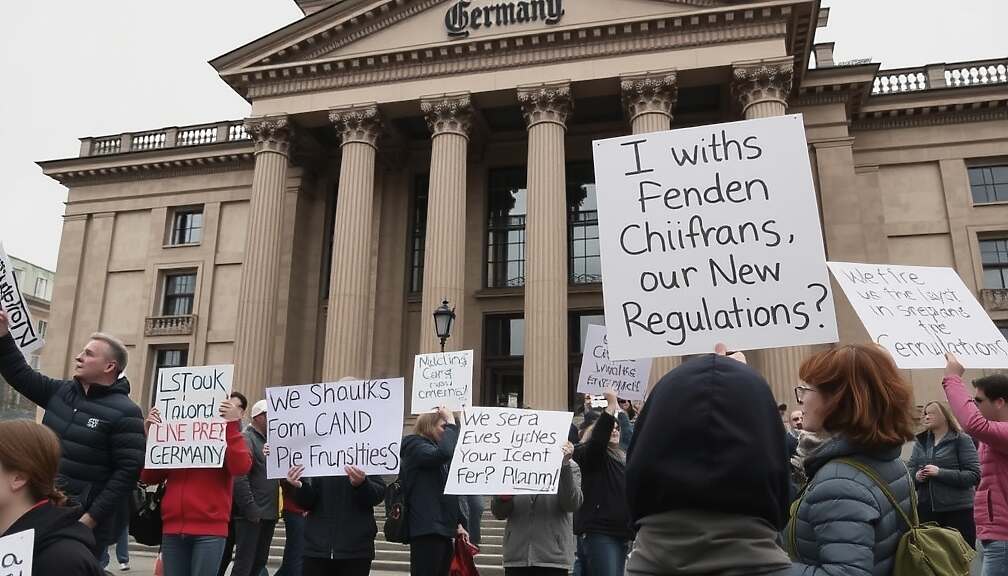The ministers characterize the contemplated measures as a “misguided economic policy” arguing they are detached from practical realities, likely to be counterproductive and financially unsustainable for many fleet operators They highlight the potential for significant economic strain on German automotive manufacturers, jeopardizing their competitiveness in a global market
The response stems from a directive issued by von der Leyen in December, tasking Transport Commissioner Apostolos Tzitzikostas with developing legislation for “clean corporate fleets” by the end of 2025 Current consultations are underway regarding the proposed law, which could impose specific percentages of electric vehicles within the fleets of car rental companies, leasing firms and large company car programs
Baden-Württemberg and Bavaria argue that, given the intense global competition, further bans and mandates are not the appropriate approach to reverse the challenges facing the European automotive industry and restore its international standing The ministers emphasize the vulnerability of automotive manufacturers and their supply chains within their states, noting around one million workers in the south of Germany are directly or indirectly reliant on the sector’s health
Hoffmeister-Kraut and Aiwanger explicitly reject a mandatory shift to electric vehicles for business and rental fleets, expressing surprise at discussions surrounding a proposed law equivalent to a 100 percent electric vehicle quota by 2030 They contend such a sweeping quota system would constitute a substantial state intervention in the market and would disproportionately affect Battery Electric Vehicle (BEV) fleets












